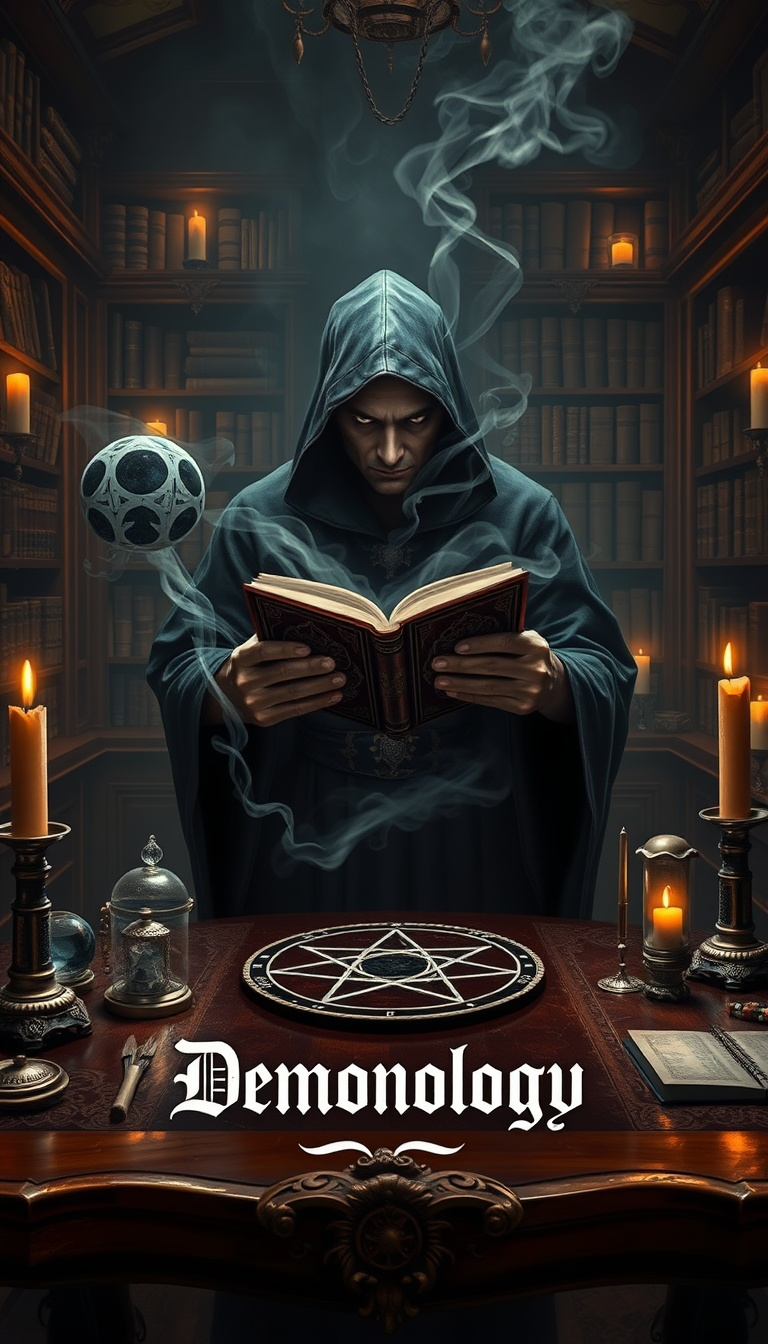Lilith

Lilith
Mythical primordial figure between demoness, primal woman, and feminist symbol
Definition:
Lilith is an ambivalent figure in Jewish mythology, which in later interpretations has also been associated with the Bible. In apocryphal and mystical texts, she is considered the first wife of Adam – before Eve – who, however, did not submit to him and fled from paradise. In other traditions, she is described as a night demon, child murderer, or seductress. Today, Lilith is also a symbol of female independence, primal power, and shadow work.
Biblical and extra-biblical origins:
In the canonical Bible, Lilith appears only once – Isaiah 34:14 – where the original Hebrew text mentions lilit (לִילִית). There, she is mentioned in a list of desert figures and is often translated as "night ghost" or "owl-like creature."
However, its true mythological significance only unfolds in Jewish apocryphal, Talmudic, and Kabbalistic writings, particularly:
Alphabet of Ben Sira (c. 8th–10th centuries AD):
Here, Lilith appears as Adam's first wife, created from the same earthly material. She refuses to submit to Adam ("we are created equal") and leaves Paradise. Eve is then formed from Adam's rib.
Talmud and Kabbalah:
Lilith appears as a demon who seduces men in their sleep (incubi symbolism), endangers children, and is associated with Samael, the "angel of death."
Symbolic meaning:
Depending on the cultural or spiritual context, Lilith has different interpretations:
In mysticism: Symbol of shadow, temptation, transgression, and unlived aspects of the self.
In astrology: The so-called "black moon Lilith" represents untamed, instinctive feminine energy and taboo subjects.
In feminist spirituality: Lilith is considered the archetype of the self-determined, wild woman who rebels against male dominance.
In psychology: Symbol of the repressed, wild, and nonconformist—often associated with deep aspects of the unconscious.
Modern reception:
In the present day, Lilith has become a popular figure in literature, art, and alternative spirituality. It stands for:
Primal feminine power beyond societal role models
Self-determination and sexual autonomy
The return of the "divine feminine" in spiritual systems
Shadow work and the integration of suppressed personality aspects
Related terms:
Eve, Samael, shadow work, archetype, Black Moon, primal feminine power, Kabbalah, Gnosis
